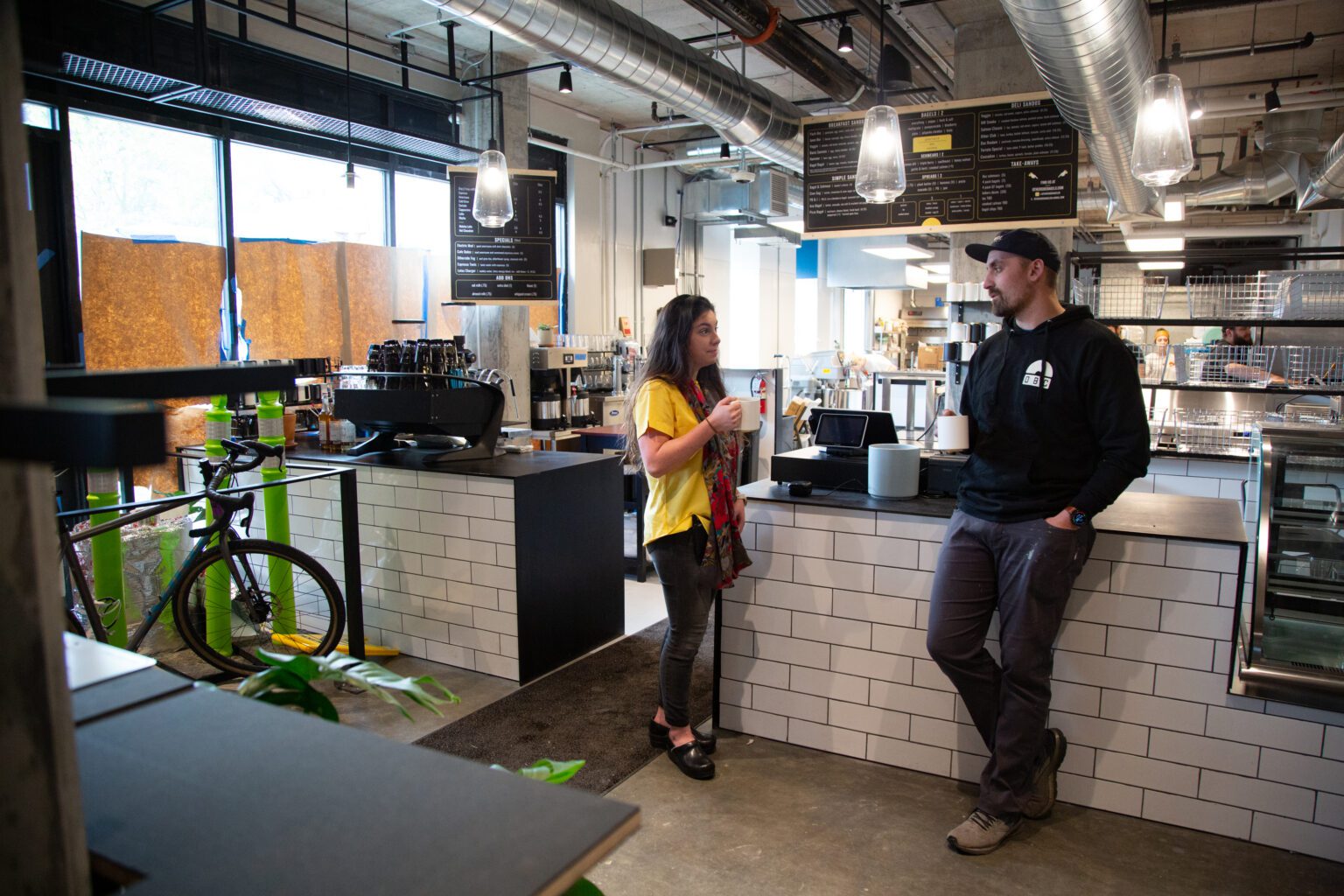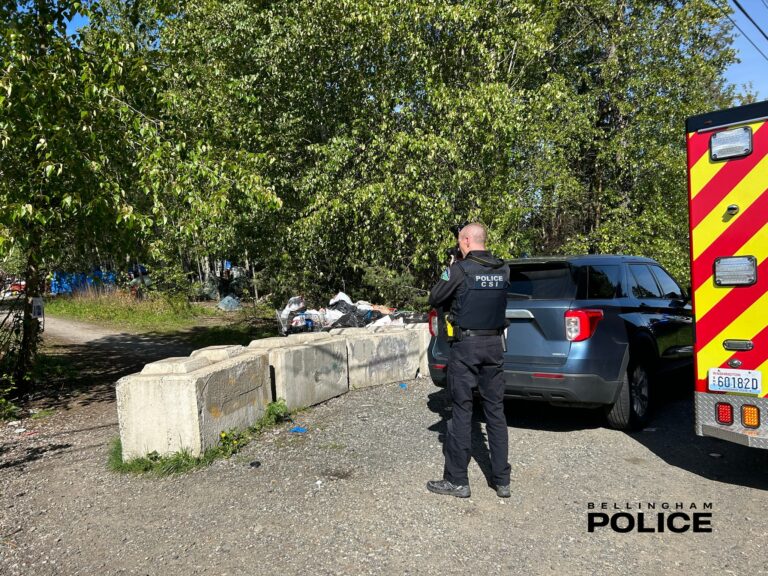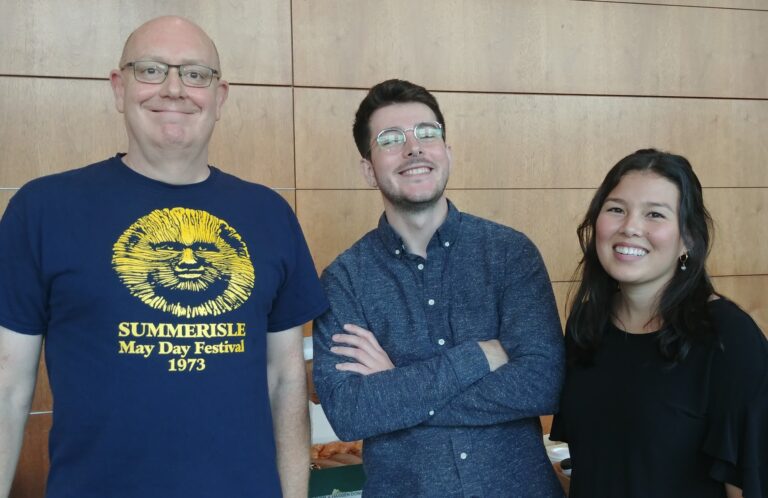With its Base Camp homeless shelter in downtown Bellingham remaining at or near capacity this spring, Lighthouse Mission Ministries plans to ramp up outreach efforts that were paused during the COVID-19 pandemic.
The Homeless Outreach Team, a program operated by Opportunity Council’s Whatcom Homeless Service Center, is expanding too. It will start working evening hours in June.
Lighthouse Mission’s portable showers and volunteers on scooters with free coffee will return to the streets soon — though officials at the nonprofit say they will proceed cautiously given rising COVID-19 case numbers in Whatcom County.
Hans Erchinger-Davis, Lighthouse Mission president, said the organization is motivated to expand its services now because the community needs them. As of May 3, Base Camp had been above 87% of capacity every day over the previous month. The shelter, which can accept 200 people, was completely full seven nights over the past 30 days.
“Usually, in the spring and summer our numbers dip a bit, and we haven’t seen that,” Erchinger-Davis said.
“Outreach becomes all the more important when capacity is full at Base Camp,” he added, “because now, people who are motivated to get help can’t get it.”
Volunteers on scooter patrol, which Lighthouse Mission has dubbed the “Joyriders,” motor through Bellingham’s alleyways, dispensing free coffee and talking to people experiencing homelessness about the services available to them.
The Joyriders have been on hiatus less as a result of pandemic restrictions and more because of a staffing shortage at Lighthouse Mission, Erchinger-Davis said.
Lighthouse Mission also connects with downtown businesses affected by people who are homeless. The nonprofit will resume de-escalation training for downtown employees on May 26. The program was in a pilot phase earlier but went on hiatus due to staffing shortages, Erchinger-Davis said.
“Hiring, like with many institutions, has been a challenge recently,” he said.
The organization also needs to rebuild its ranks of volunteers. Lighthouse Mission reduced its volunteer force from about 1,100 before the pandemic to 150 after COVID-19 hit, in order to protect those who were at greatest risk, Erchinger-Davis said.
Lighthouse Mission accepts volunteer applications on its website.
For its part, Opportunity Council relies less on volunteers and refers those who want to help with homeless outreach to Lighthouse Mission, Whatcom Homeless Service Center Director Teri Bryant said.
Next month the Opportunity Council’s Homeless Outreach Team, or HOT, will start connecting with people who are homeless as late as 8 p.m. Tuesday through Thursday, Bryant said. Until now, HOT’s hours had been limited to 7 a.m. to 5:30 p.m. on weekdays.
The Bellingham City Council in October 2021 approved $196,000 in funds for the enhanced HOT outreach, citing the homeless population’s heightened need for services.
“We had a huge challenge in regards to people who are unhoused before the pandemic,” council member Pinky Vargas said at an Oct. 25 council meeting. “And now, through the pandemic, it has obviously gotten a lot worse.”
HOT didn’t shut down during the pandemic. In fact, outreach staff set aside any concerns over personal risks to their health to continue their work, Bryant said.
“That’s their heart and soul,” Bryant said. “‘We go out there every day, and we love up on people,’” she added, quoting a line a HOT staff member liked to say.
If anything, HOT needed to provide more during the pandemic because other services had shut down. Team members brought face masks and hand sanitizer to homeless people, while also making sure they were getting enough to eat.
The city funding also enabled HOT to boost outreach on Mondays and Fridays — days that weren’t as well staffed as the other weekdays. HOT does not operate on Saturdays or Sundays because it refers homeless people to services that aren’t open on weekends.




